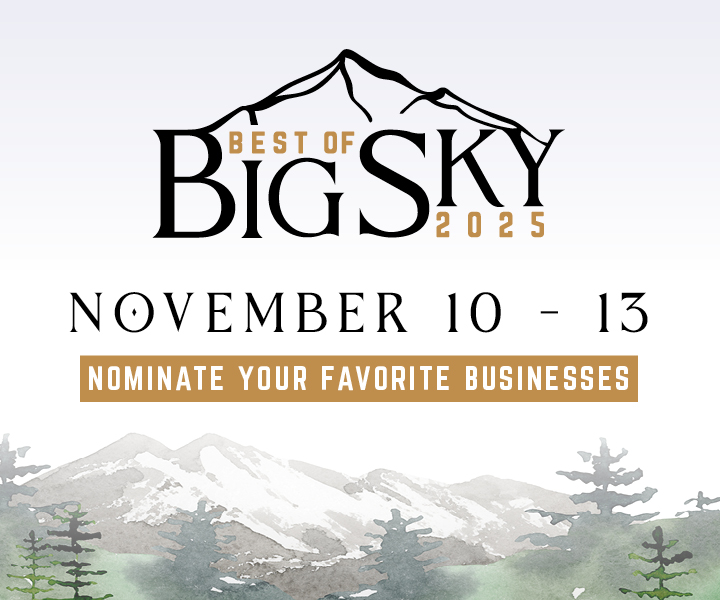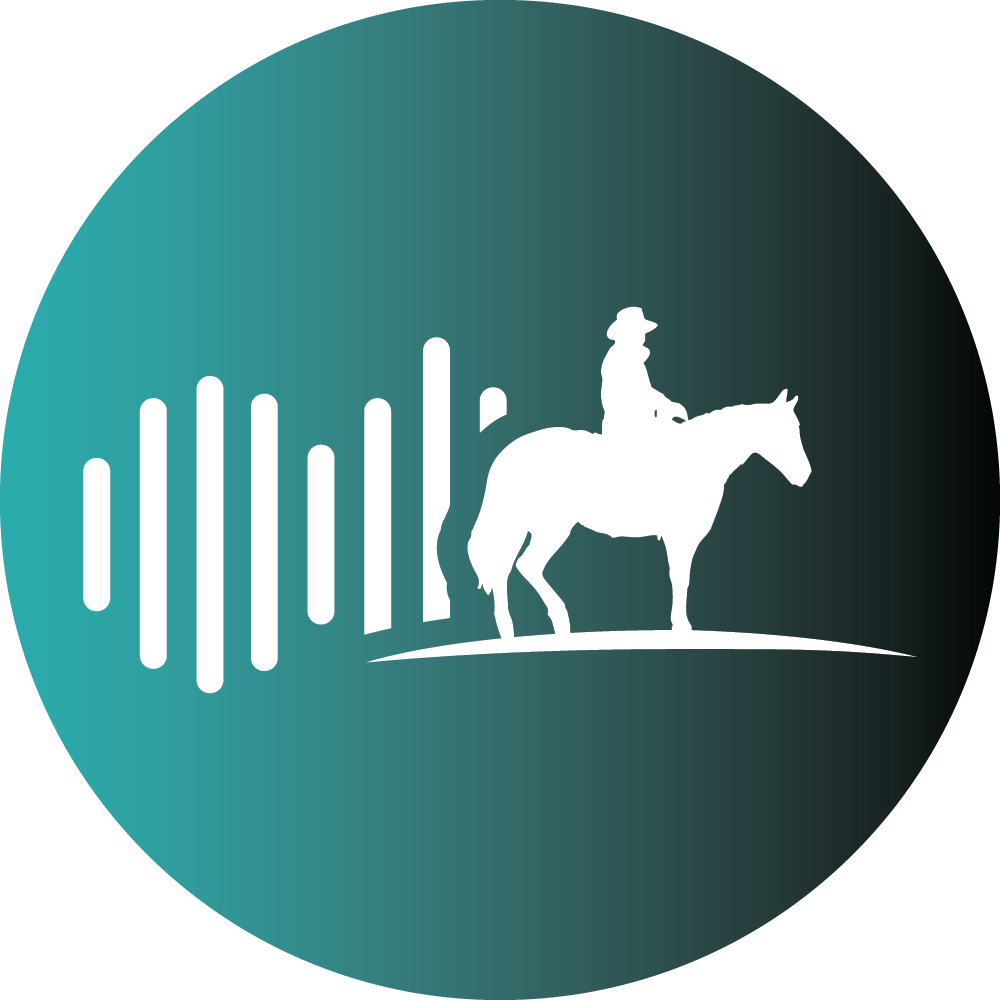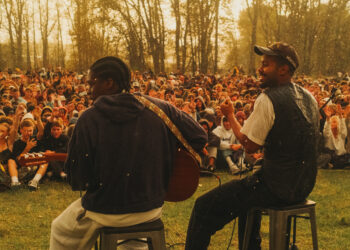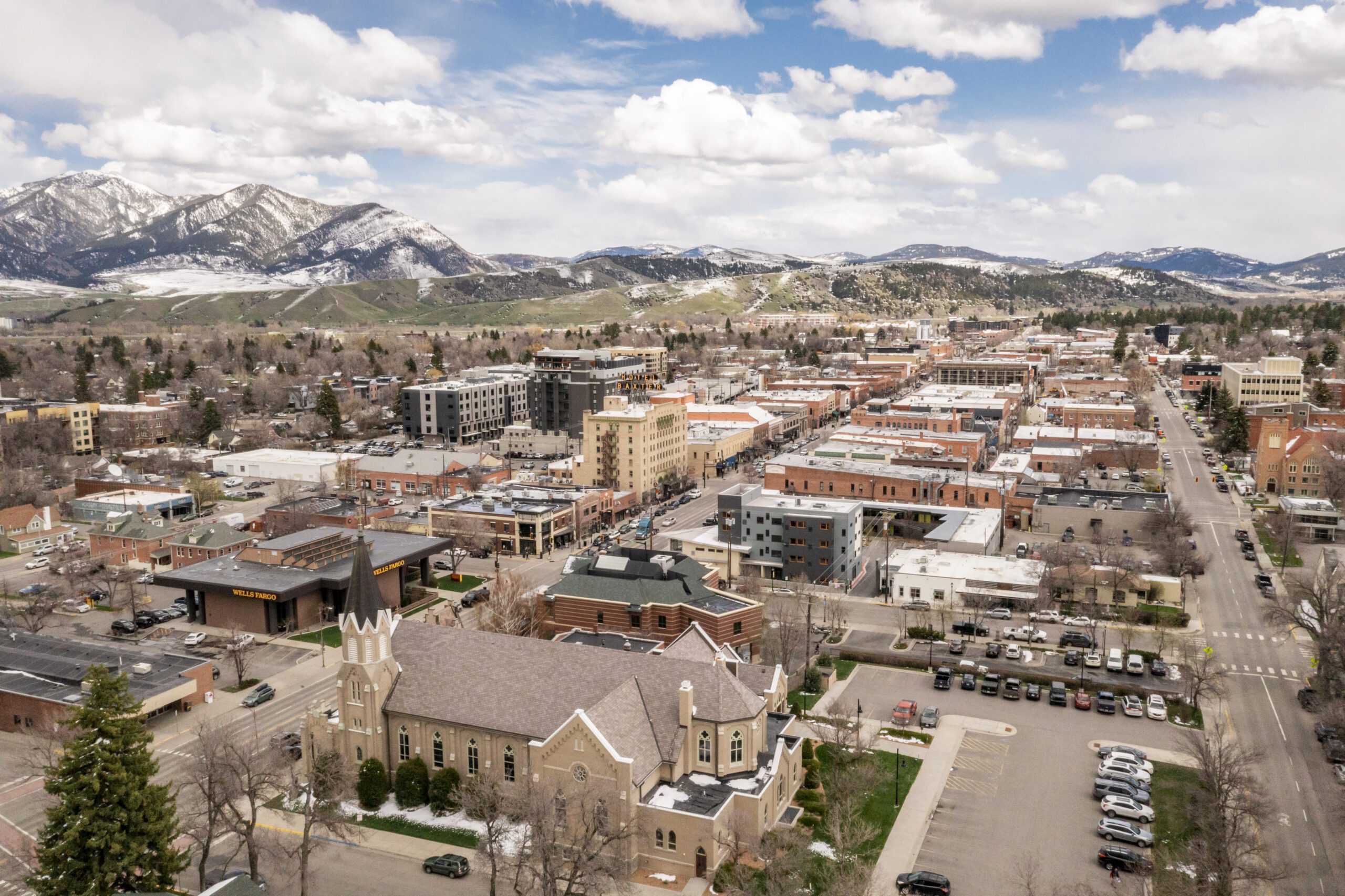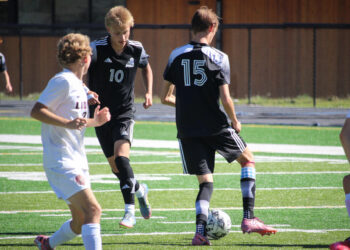By Jen Clancey DIGITAL PRODUCER
Every two years, 25 of the 50 Montana State Senate seats open for elections. This year on the ballot is the seat for Montana State Senate district 30, which envelopes a portion of Four Corners and covers Gallatin Gateway to West Yellowstone. Voters in the district will see Cora Neumann (D) and Tyler Rogers (R) on their ballots in the upcoming primary election, and ahead of June 4, Explore Big Sky had the opportunity to speak with Neumann about her public service.
Neumann grew up in Bozeman, obtained a master’s degree in public health at Columbia University and completed her PhD at the University of Oxford. She returned to Bozeman in 2019 and has since devoted her time to rural health solutions, starting a nonprofit in 2020 called We are Montana to support local health care leaders. She currently works for the Native American Development Corporation as chief health officer.
Neumann launched a campaign for a Senate seat in 2019 but dropped out when former Gov. Steve Bullock entered the race, and lost the Democratic primary for U.S. House District 1 in June 2022.
Neumann recalls a time when Bozeman had more of a small town feel, and spoke at length about the area’s growth, challenges in the Montana State Legislature and her campaign for state senate with EBS.
Explore Big Sky: Cora, thanks for taking the time to talk with EBS today. You’ve been in politics for a few years now, tell us what brought you to run for the state senate in the 30th district?
Cora Neumann: I grew up in Bozeman. My mom came here when I was an infant … She moved here to Bozeman as a young widow because it was such a wonderful small town, a really great place to raise a young family and have a strong community.
The work that I do is rural health, I work with rural and tribal communities. I was motivated to do that work … because we lost my dad in a lumber mill accident—he was a logger. And if we had been closer to good rural health care, he might have survived. That’s really what motivated me to go into working in public health and rural health. And so I have been nationally, internationally, across the West, in the Rockies, working with tribes and rural communities.
The things that you come up against over and over again when you’re trying to help and support rural communities is that there are policies the government does have a say in— making sure that our roads are good, our schools are funded and that health care is accessible. Over time [I] realized that there was a place where we needed more people who really understood the challenges faced by rural communities, especially related to health care. That’s what ended up motivating me to run—knowing that we need people who are willing to step up and fight for our communities, especially when we’re going through the rapid change that we’re going through right now.
EBS: Maybe you can speak a little bit to that rapid change. What issues have you seen become more prominent for Montanans in the area?
CN: It doesn’t matter where you go around Montana, even in some of the tiniest towns … we’re seeing a really huge spike in housing prices, and Bozeman is one of the areas that has had the fastest growing increase in median house price in the country. Growing up here, I always thought … someday people are going to discover this place, you know, it’s just paradise … My uncle used to be the mayor of Bozeman and my sister works with farmers and ranchers and we’re kind of really integrated in the community here. [Five to 10 years ago] you couldn’t walk down Main Street without seeing multiple people you knew every single block. And now [Bozeman] just doesn’t have a small town feel as much anymore. At the same time, I do think we have to embrace growth.
Montanans make this place special and welcoming … I think that growth is good, I just think that we need to make sure that working families can afford to stay here. The people who make Montana so wonderful are getting priced out. And I think that we’ll lose that feeling of community if we don’t invest really intentionally in affordable housing.
And property taxes are a big deal for homeowners … people are having to forego medicine and some of their essential needs, because all of a sudden, their property taxes have gone through the roof. Then of course, Medicaid and rural health care. So housing affordability and health care and then … public lands. Keeping public lands accessible. Those are the three things I see and hear and have unique expertise in, especially with health care.
EBS: So you came to visit Big Sky, for the joint county commission meeting (May 8, 2024). How was that visit?
CN: I have always been really curious about Big Sky and how it continues to have such a great tight-knit, well-serviced community without being incorporated … I’ve also seen Big Sky grow and change, and heard that it does a really great job managing … institutions to take care of the community … I [was] very impressed with how Big Sky finds a way to make sure that its community needs are met. It’s not easy—I know that there’s also incredible growth.
The other thing I know Big Sky suffers from … is this assumption that Big Sky just has a bunch of money, so they don’t need any help. When the truth is, Big Sky is an economic engine for the entire state. And when the people who live and work in Big Sky have a need, it should not be disregarded … We still have working families and community leaders in Big Sky the way we do in any other town across Montana. I hope to bring more Big Sky residents and community leaders to Helena and have them share their stories … It’s a small town … in that they need to be supported and engaged just like any other town.
EBS: Let’s talk more about the challenges that Montana is facing, because we’ve described Big Sky and Bozeman and I’m sure that the challenges in those communities are quite similar. What would you say are some of the major challenges that Montana as a whole is facing today beyond housing and health care?
CN: Keeping public land public. There is definitely a major move to privatize our public lands. And growing up here—my stepdad was a union carpenter, my mom was a homemaker and caterer—we relied on hunting and fishing to help sustain our family. I think that’s part of why people are drawn to Montana and find it so special is because of the way that we take care of our land and water and resources together, and have historically been really great neighbors—letting people onto our land and even if it is private making sure that any Montanan can access it. I think that’s why it’s important to welcome and engage with newcomers and … help them feel like they’re part of the solution.
The other thing I would say is freedom, in terms of bodily freedom. The right to make decisions for your own body and your own life. Montana is really kind of a libertarian state at its core, we like our freedom, we like our privacy … And if people pay attention [to] the slippery slope—we make access to abortion illegal or extremely prohibitive, then what’s next? I think that’s part of the Montana way of life that we have to really work hard to protect.

EBS: What do you think have been some of the recent successes that have happened in the Montana State Legislature?
CN: I was raised in a union household. I worked as a union laborer to pay for college. So I am extremely proud of [Montana] being the only state in the region that has beat back right-to-work, House Bill 448, and protected unions. That was a huge concerted effort that we all supported across the state. I think that was a key win last session.
Overall, we have a lot of challenges. What happened with property tax is affecting people in a really serious and significant way, and really hurting working families and people who are living on fixed incomes … I’m excited about the potential that we won’t have a supermajority in the next session. We’ll be able to have more balanced conversations and move away from these really, really polarized debates.
[In] the 2025 session, we’re going to be considering the reauthorization of Medicaid expansion. So 132,000 people have already lost their coverage due to Medicaid unwinding … close to 70% are working. They need this benefit to be able to afford to live in Montana and afford to get the care that they need … the truth is, it’s mostly working Montanans … if we don’t renew it, another 100,000 people could lose it. People are foregoing medicine and getting really sick because they don’t have health coverage, or they go to the emergency room, which costs the state and … our communities a lot of money. That’s probably one of the top three priorities of many legislators going into the 2025 session.
EBS: My final question would be, what would it mean to you to be elected for this state senate seat?
CN: I love my hometown so much, including this whole county. I love talking to people and collaborating with people. I think that one of my major strengths is that I really could put politics aside and just listen to people because I’ve worked with so many populations all over the world, just being able to sit down with people from every background and listen and find solutions.
I really enjoy finding solutions and solving problems. The way that I work is by supporting local leaders and bringing local voices and people to the table. I’m very clear that the best solutions come from the communities themselves, and the individuals themselves … I’ve learned over 25 years of working with rural and native communities that if you want something to be successful, and to stick, you have people on the ground sharing with you what works and what doesn’t.
I’m really excited about helping my hometown, my home county, get through these really difficult, rapid transitions … It’s a challenge that I’m excited to rise to. I am not afraid of hard work.
EBS: Do you have anything else you would like to add?
CN: I’m motivated by being a mom and wanting to make sure that our kids and everyone’s kids, all Montana kids, have a future that they can believe in, that they can thrive in.

